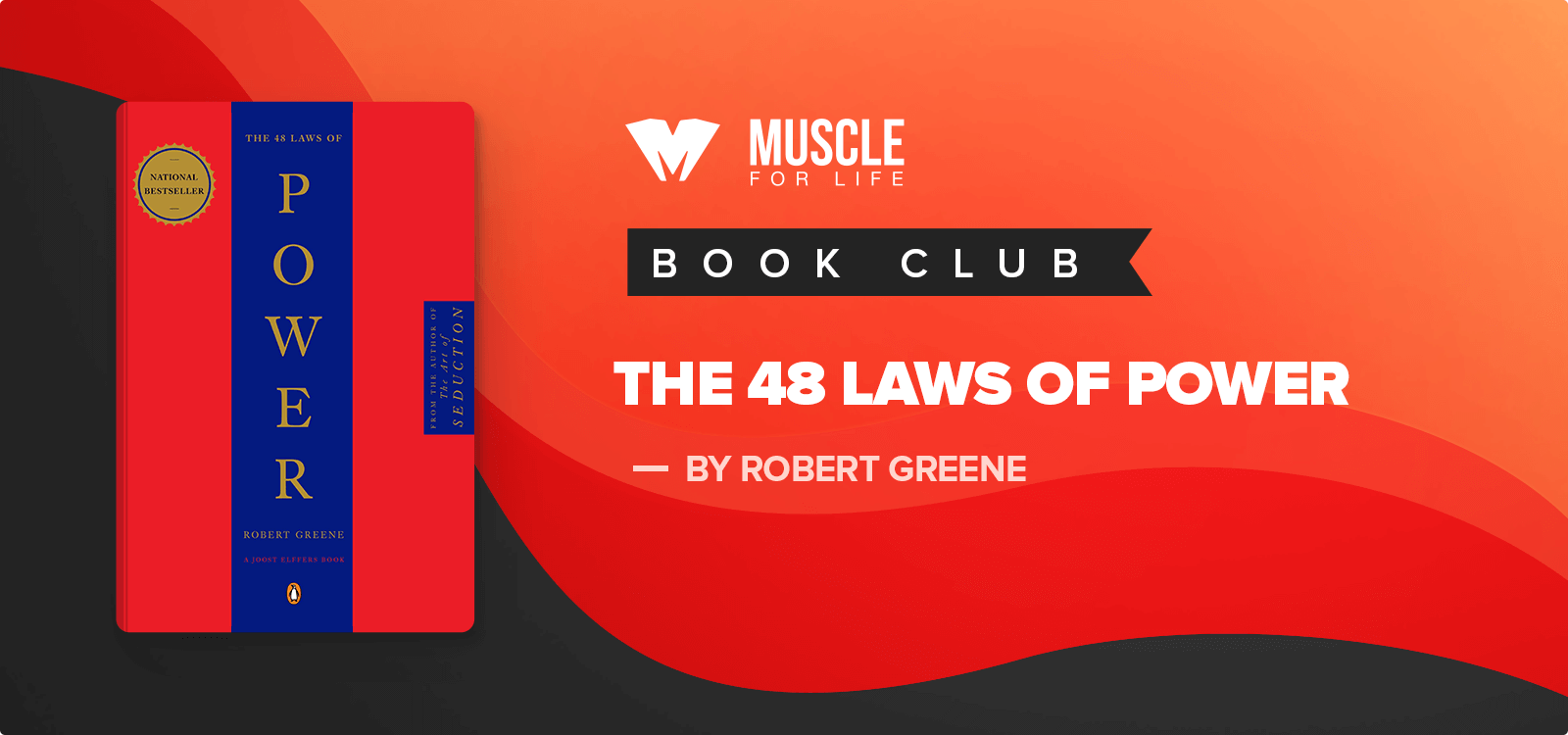

All masters want to appear more brilliant than other people.ġ0. In your desire to please and impress them, do not go too far in displaying your talents or you might accomplish the opposite-inspire fear, resentment, and insecurity. Law 1 – Never Outshine the Master: Always make those above you feel comfortably superior. Consider The 48 Laws of Power a kind of handbook on the arts of indirection.ĩ. To learn and master it, you must develop the ability to study and understand people.Ĩ. Half of your mastery of power comes from what you do not do, what you do not allow yourself to get dragged into.ħ.
The 48 laws of power full#
You must learn to wear many masks and keep a bag full of deceptive tricks.Ħ. Power requires the ability to play with appearances. Anger is the most destructive of emotional responses, for it clouds your vision the most.ĥ. An emotional response to a situation is the single greatest barrier to power, a mistake that will cost you a lot more than any temporary satisfaction you might gain by expressing your feelings.

The most important of these skills, and power’s crucial foundation, is the ability to master your emotions. Instead of struggling against the inevitable, instead of arguing and whining and feeling guilty, it is far better to excel at power.Ĥ. That will only render you powerless, and powerlessness will make you miserable. If the world is like a giant scheming court and we are trapped inside it, there is no use in trying to opt out of the game. You can recognize these supposed nonplayers by the way they flaunt their moral qualities, their piety, their exquisite sense of justice.ģ. Those who claim to be nonplayers may affect an air of naïveté, to protect them from the accusation that they are after power. Power moves need to be made indirectly.Ģ. Everything must appear civilized, decent, democratic, and fair. It’s dangerous to seem too power-hungry in today’s world. This doesn’t mean that you have to embody these traits, but the game of power requires a shift of perspective and a different way of looking at the world.ġ. The 48 laws have a Machiavellian theme to them, characterized by words like cunning, sneaky, scheming, and cutthroat. He writes, “An emotional response to a situation is the single greatest barrier to power.” You need empathy to understand what others may be thinking, wanting, plotting, and feeling.Īccording to Greene, the most important skill to have, which is foundational to power, is the ability to master your own emotions. To learn and master the game, it’s essential that you develop the ability to study and understand people. The book will explain, through its laws, that certain actions almost always increase one’s power, while others decrease power or ultimately ruin it.Ī focus of the text, and essential to gaining power, is that power is a social game. These individuals include strategists (Sun-tzu, Clausewitz), statesmen (Bismarck, Talleyrand), courtiers (Castiglione, Gracián), seducers (Ninon de Lenclos, Casanova), and con artists (“Yellow Kid” Weil).

Thus, he wrote The 48 Laws of Power as a “handbook on the arts of indirection.” The 48 laws come from wisdom gathered from individuals spanning over 3,000 years of history. Greene states in the Preface, “The feeling of having no power over people and events is generally unbearable to us-when we feel helpless we feel miserable.” He mentions how no one wants less power everyone wants more power. Its wild popularity comes from a mix of Robert Greene’s genius writing and the fact that humans naturally want power. It is a book that is recommended by nearly anyone in the business & entrepreneurship fields. Robert Greene has written several other popular books including The Laws of Human Nature, Mastery, The Art of Seduction, The 33 Strategies of War, and The 50th Law.īy far, his most popular book is The 48 Laws of Power. The 48 Laws of Power is a multi-million-copy New York Times bestseller, written by Robert Greene.


 0 kommentar(er)
0 kommentar(er)
